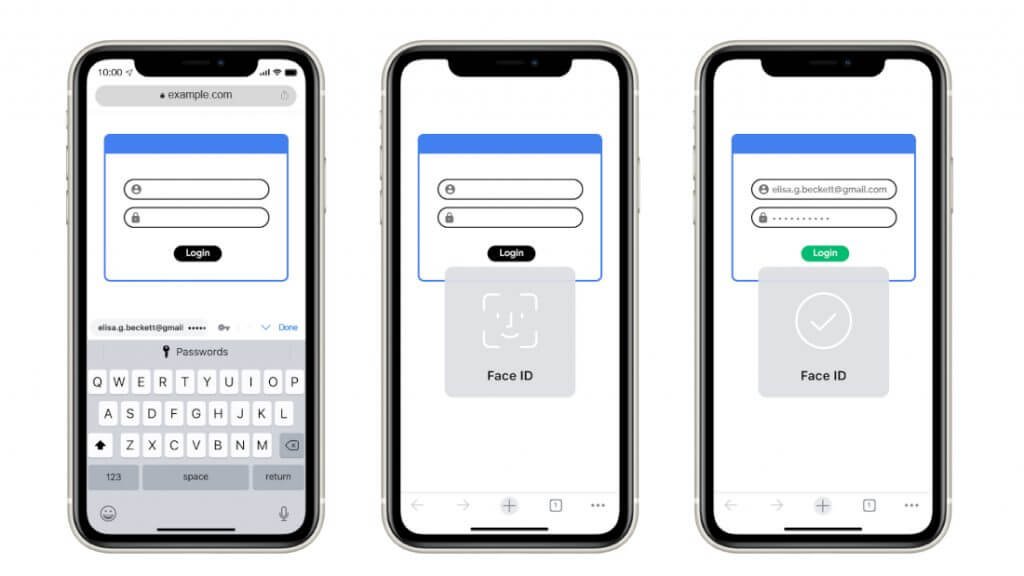
Google Chrome New Password Protections Alert on both Android and iOS devices by telling you if the passwords you’ve asked Chrome to remember have been compromised, and if so, how to fix them. To ensure that a user’s passwords are not shared directly with Google themselves, they will be secured using a special form of encryption before being sent to Google. They will then be compared with a list of credentials that are known to be publicly compromised.
Naturally, if your account has been compromised you would want to change your password. Google is making this process easier too by providing users a direct link to the relevant form to change the password for that particular account. Along with this, Safety Check is also rolling out to Chrome for Android and iOS, which will check for compromised passwords, if safe-browsing is enabled and ensure that Chrome is updated to the latest version.

For Chrome on iOS, Google is also adding biometric password authentication for auto-filling passwords, which is a feature that already exists in Google Chrome for Android. The feature is simple, when you want to fill in a password, you will need to authenticate it via FaceID biometrics. These changes will be rolling out today to all Google Chrome users on both iOS and Android.
Enhanced Safe Browsing for Android:
Earlier this year, Chrome launched Enhanced Safe Browsing for desktop, which gives Chrome users the option of more advanced security protections.
When you turn on Enhanced Safe Browsing, Google Chrome can proactively protect you against phishing, malware, and other dangerous sites by sharing real-time data with Google’s Safe Browsing service. Among our users who have enabled checking websites and downloads in real-time, our predictive phishing protections see a roughly 20% drop in users typing their passwords into phishing sites.




















